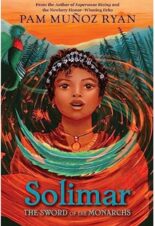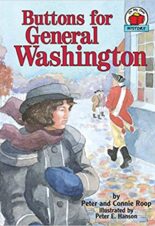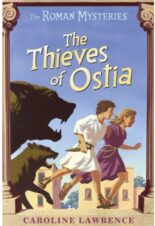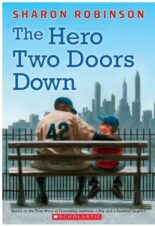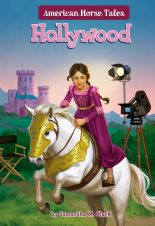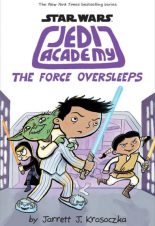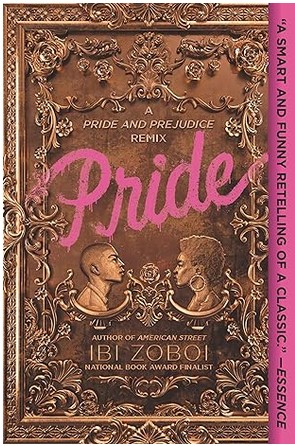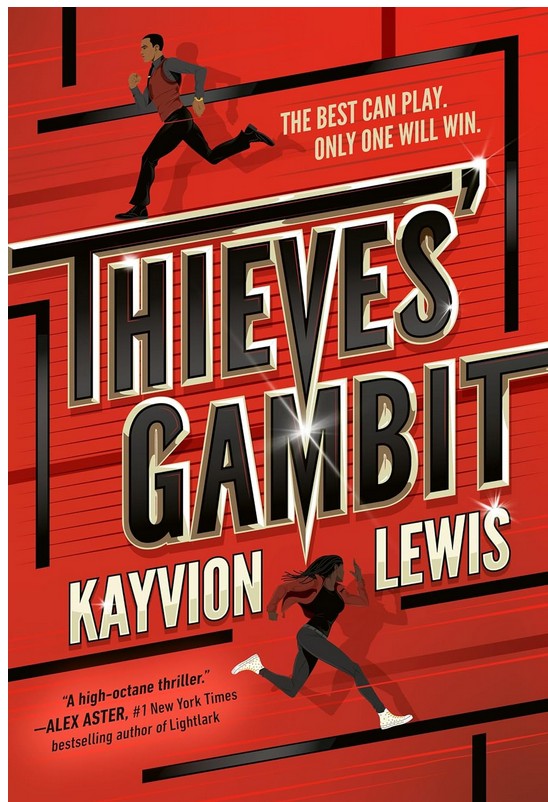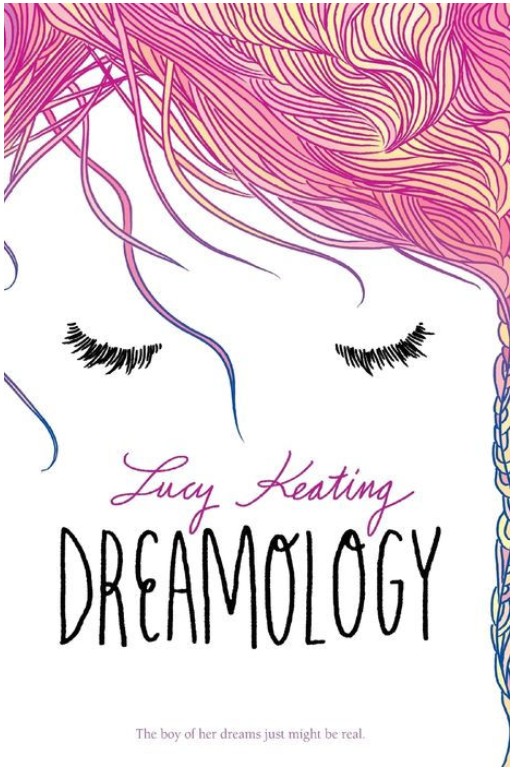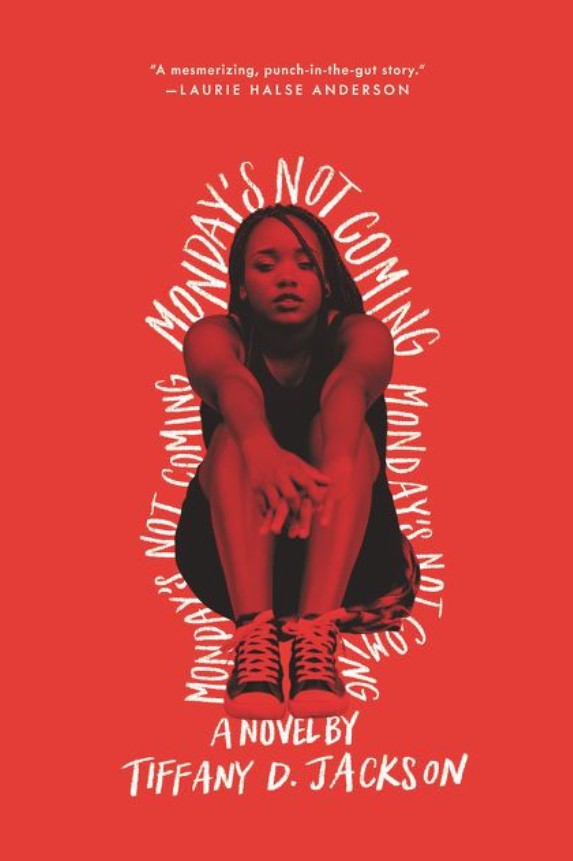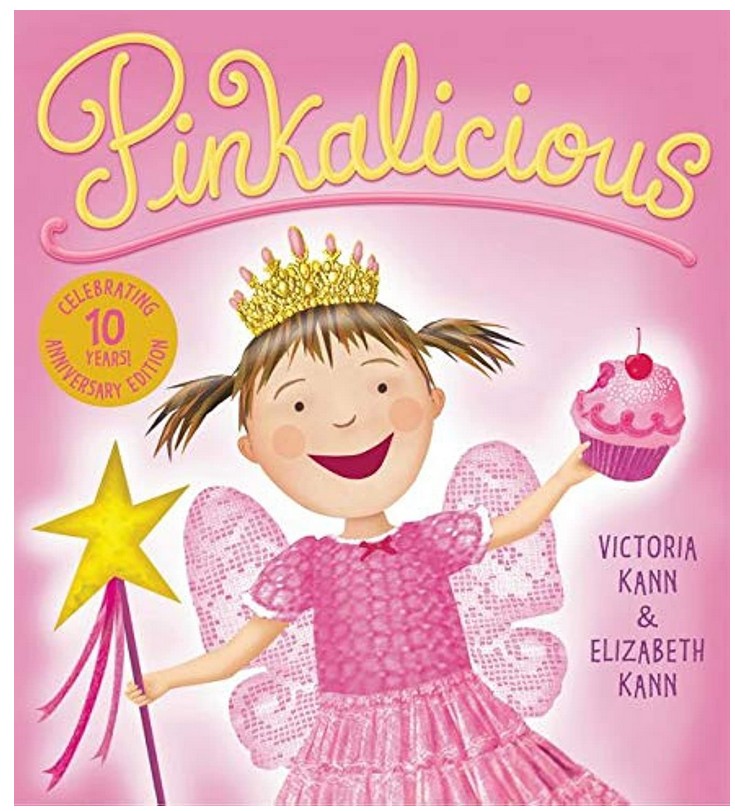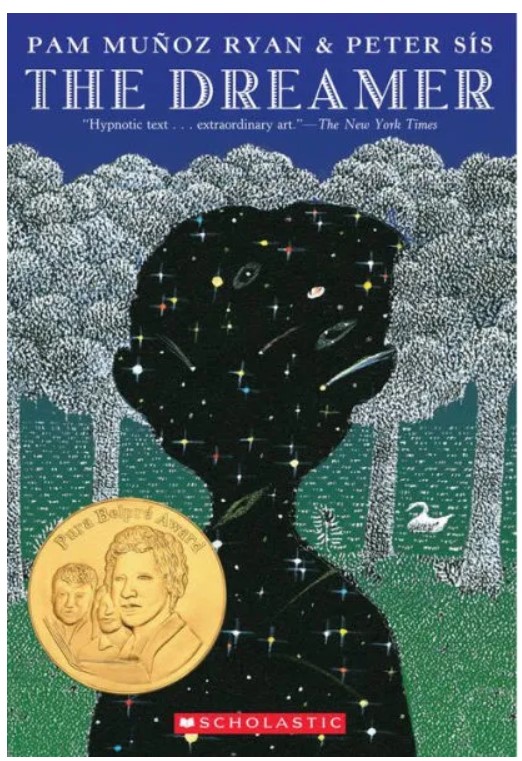
Buy This Book
Other books by Pam Muñoz Ryan
“Poetry had laid down its path, and [Neftalí] had no choice but to follow,” Neftalí. –The Dreamer
The Dreamer
by Pam Muñoz Ryan
AR Test, Teaches About Culture
9+
Score
4.6
384
The Dreamer follows eleven-year-old Neftalí, a young boy who struggles to live up to the strict expectations of his father. Neftalí explains that he enjoys daydreaming and nature; he “collected twisted sticks, liked to read, and was not good at mathematics.”
Neftalí’s father does not want his son to daydream. In fact, Neftalí’s father says, “Stop that incessant daydreaming!” and warns Neftalí that his “mother was the same, scribbling on bits of paper, her mind was always in another world.” Neftalí’s father also implies that this may have caused Neftalí’s mother’s death. Neftalí reveals his mother “had died two months after [Neftalí] was born.” Neftalí wonders, “Was Father right? Could daydreaming make you weak? Had it made his mother so weak that she had died?”
Neftalí’s father’s extremely negative mentality towards creative arts also affects his older brother, Rodolfo, who dreams of attending a conservatory to study music. Rodolfo explains, “My teacher and headmaster say . . . that if I study music, I might be able to get a scholarship to the conservatory.” Their father responds to this by aggressively “slamming his fist on the table” and yelling at Rodolfo, “There will be no more wasting time on music.” Because Neftalí’s father ridicules him for his love of reading and writing, Neftalí tries to conceal his writing projects from his father.
Neftalí is an extremely sympathetic character that readers will appreciate because of his constant determination to do what he loves. Neftalí does not let his father’s constant tirades about his writing stop him. For instance, even when Father tries to make Neftalí stop daydreaming, Neftalí still “wrote words everywhere: on fence posts, on bleached driftwood, and on the old boats near the shore.”
Another character that will capture readers’ hearts is Neftalí’s Uncle Orlando, who owns a local newspaper called La Mañana and encourages Neftalí’s writing abilities. It is Uncle Orlando who advocates for Neftalí to come work at his newspaper office, even though Father calls Neftalí’s essays “frivolity, nothing more.” Uncle Orlando advocates for the local indigenous people, the Mapuche, who are being pushed off of their land by developers by offering up his newspaper shop as a meeting place for organizing protests. Neftalí is inspired by “Uncle Orlando’s sincere voice as he talked about the rights of the Mapuche, the plans for a peaceful protest, the common outcry for respect for all humanity.”
Readers who enjoy exploring nature will enjoy the way each chapter continues the story of Neftalí’s growth as a writer alongside drawings reflecting Neftalí’s surroundings. Each chapter is named after an element of nature, such as “ocean,” “rain,” or “mud.” Neftalí often discusses the beauty of Chile, where he lives, and this inspires him as he writes. For instance, Neftalí “looked up at the Andes mountains, hovering like a white-robed choir . . . He closed his eyes and wondered what lay beyond, past the places of Labranza, Boroa, and Ranquilco, where the sea plucked at the rugged land.”
This book occasionally uses Spanish words in reference to the beauty of Chile and its nature; however, readers will be able to easily understand these words based on the text’s context clues. Because the book follows Neftalí—who is revealed at the end of the book to be the poet, Pablo Neruda—readers will likely want to flip back through the book to reread the sections of poetry and will likely feel inspired by Neftalí’s journey. Overall, this fictionalized retelling of the life of Pablo Neruda encourages readers to persevere, to reach for their dreams, and to appreciate the beauty of life around them.
Sexual Content
- None
Violence
- When Neftalí’s brother, Rodolfo, tells Father he wants to study music, Father “slammed his fist on the table.”
- Rodolfo did not hear his father’s whistle to come back to the agreed meeting place. “When [Father] found me, I was disobeying him . . . I still have the bruises. Do you understand? You do not want Father to catch you doing something . . . wrong.”
- Neftalí’s father wants his children to grow physically stronger. Because of this, Father forces Neftalí and his little sister, Laurita, into the choppy waves of the ocean even though they are both terrified of the waves, as “the swells rose higher than their heads.” Father argues, “It will make you strong. And if you do not wade out far enough, I will make you stay in longer.”
- Father forces Neftalí and Laurita to stay in the water, even when “a wave broke against their chests. Laurita slipped under the dark water. Neftalí jerked her up. She choked and sputtered and began to cry.” Neftalí says, “Surely now they could come in,” but Father “shot an arm forward and pointed to the waves again.”
- After Father forces Neftalí and Laurita into the ocean, Neftalí has frequent nightmares that “Laurita was drowning, and he could not save her because he was drowning, too.”
- Neftalí encounters a hurt swan. “In the muddy reeds, the male swan wobbled. Blood pooled beneath him.” Sadly, the swan quietly passes away in Neftalí’s arms. Neftalí does not understand what happened as the swan’s wounds appeared to be healed, but suddenly, “the life disappeared from [the swan’s] body.”
- Uncle Orlando worries about what the developers will do if they find out where people are protesting. The developers “have killed so many already . . .”
- Uncle Orlando hosts a meeting to protest on behalf of the Mapuche, so the angry developers set Uncle Orlando’s newspaper office on fire. Neftalí explains, “When he turned the corner to the main road, he saw the ball of fire rising into the night.” His uncle’s shop is destroyed, but Uncle Orlando tells Neftalí he will not give up, “There are editors who will hire me.”
- When Father discovers that Neftalí’s essay advocating for the rights of the Mapuche has been published in a college magazine, he is furious. Father lashes out and “grabbed a notebook and flung it out the window . . . Father flung another notebook and another.” Then Father sets Neftalí’s writings on fire.
Drugs and Alcohol
- None
Language
- Neftalí’s Father insults Neftalí and his siblings when they disobey him. For example, he calls Neftalí “a skinny weakling” that will “amount to nothing.”
- Rodolfo, Neftalí’s brother, is frustrated that Neftalí likes to stop and examine small things in nature as they walk to school. Rodolfo calls Neftalí “dim-witted” and asks Neftalí, “Can you not walk like other boys?”
- When Neftalí struggles to respond to one of his father’s coworkers, Father calls Neftalí “absentminded” and says, “There’s no telling what will become of [Neftalí].”
- Father calls Neftalí a “scatterbrain” for reading. He also tells Neftalí, “You are nothing more than a brittle twig . . . And this obsession with books will not make you vigorous!”
Supernatural
- Rodolfo tells Neftalí a legend about the “chucao bird,” which Father says, “is a bird in the forest that tells the future.” Rodolfo reveals to Neftalí, “If you hear it call on your right side, it is a good omen and means fortune and happiness. If you hear it on your left, it is a warning and means bad luck and disappointment.”
- As Neftalí explores a nearby forest, he finds a large rhinoceros beetle and stares at it. Neftalí recounts, “As he marveled at the beetle, the shell contorted and bulged, growing bigger and bigger. Its legs elongated until it was as tall as a pony.” Neftalí then describes riding the giant beetle, “Oddly unafraid, Neftalí climbed onto its sturdy back, and rode it through the forest.”
Spiritual Content
- When Neftalí asks Laurita for help trying to heal a hurt swan, “Laurita put her hands together, in prayer, ‘He must get better.’”
